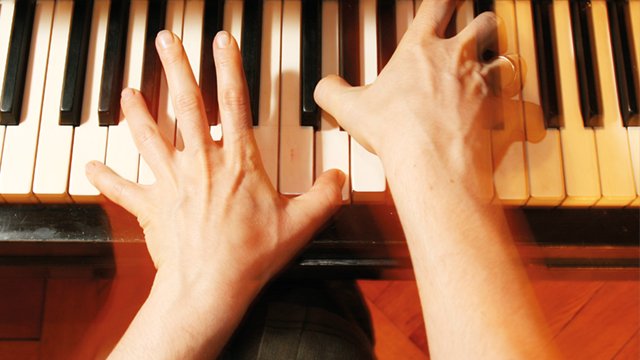
Practice Tips
Information and practice tips for new music students
Learning a musical instrument is an exciting new adventure but one that can take a bit of time to get going! There is lots to take in when starting out on a new instrument but we have created the following tips to help get you started on the right foot and get the most out of your practice time.
Everyone learns at a different pace and Coda’s team of highly experienced musicians will work with each student at their own individual pace, whether that be to explore examination routes, performance opportunities or to just achieve a lifetimes ambition of being able to play an instrument!
o Practice a little EVERY day; this is far more beneficial than one or two long practice sessions a week. Initially in the early stages – 12 – 15 mins per day.
o Try to block out distractions. Allow your practice time and space to become your special time, away from everyday distractions.
o Have a specific time each day that is set aside expressly for your practice. It will then become part of your daily routine.
o Split your daily practice into smaller chunks, i.e. technical work in the morning and pieces in the afternoon/evening.
o Learn each piece one phrase at a time or small chunks. Practice each phrase SLOWLY until you have it, and then go to the next phase.
o Starting at the beginning of the piece and playing through to the end each time you practice is NOT an effective use of your time! You are merely practising mistakes! Sometimes, start in the middle of your piece and work to the end.
o Don't practice mistakes, or you will become very good at playing them!
o Regularly record yourself and listen back carefully to it. It is always useful to “hear” yourself playing.
o Practice and work on the tricky bits – not just the bits you like.
o Talk to your teachers – Let your teacher know any issues or problems with your practice – they are there to help! Parental involvement with the teacher is really useful, especially if parents want to support practice at home. Parents are also encouraged to talk to our tutors to discuss suggestions and strategies modelled by the teacher.
o Listen to your pieces played by other musicians. Get listening to different versions of your pieces as it will inform how you play the music and your own style.
o Use a note book or Practice book to make a note of key areas or tasks to practice in between lessons. You may also find it is useful to keep a note of your practice schedule to keep you on track?
o Have fun – if you find yourself getting bored talk to your tutor, try writing your own tunes, inventing a musical game or going to listen to some live music.

